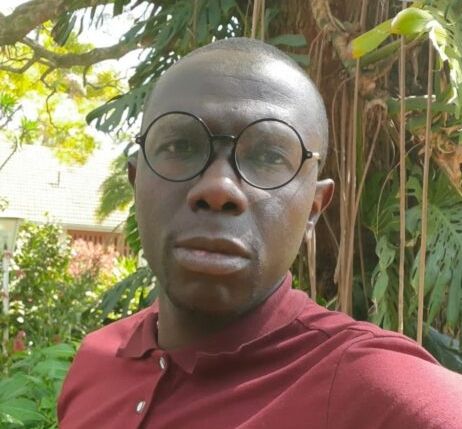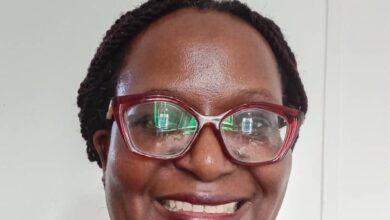Ndebele urges action on mental health crisis

Duduzile Nyathi
Makhosi Ndebele, a prominent community leader and mental health advocate, is making a powerful call for urgent action to address the mental health crisis in Africa.
As the founder of Light Bearers Youth Initiative Trust, Ndebele has seen firsthand the challenges communities face when it comes to mental health awareness, stigma, and access to support. He argues that African cities are lagging behind in tackling these issues and that now is the time to change course.
“We’ve been too reactionary on mental health,” Ndebele says. “The good news is, we’re finally realizing that we need to act.” He points to the lack of infrastructure, resources, and widespread awareness as major barriers to addressing mental health in Africa. “As a city, we are lagging behind. We need a proactive approach, not just a reactive one.”
One of the biggest hurdles to improving mental health care, Ndebele explains, is the stigma that surrounds it in many African communities. “Mental health is often misunderstood, with some people associating it with witchcraft or spiritual instability,” he says. “But the reality is that everyone experiences mental health challenges at some point. What differs is how we respond to them.”
Ndebele identifies unemployment, lack of safe spaces, and fractured relationships as key factors contributing to mental health struggles in communities. To address this, he advocates for a cultural shift that encourages open conversations about mental health, both at home and in the community. “We need to start normalizing these conversations,” he stresses. “When we talk about mental health openly, we break down barriers and make it easier for people to seek help.”
He also highlights the need for dedicated safe spaces for men to talk about their mental health challenges. “Men value their spaces,” Ndebele says. “They need safe environments where they can share their struggles without fear of being judged or seen as weak.” Ndebele’s Brotha 2 Brotha program is one such initiative, created to provide young men with a platform for support, guidance, and personal development.
Ndebele’s vision for mental health reform goes beyond just creating spaces for men or specific groups. He emphasizes the need for modern, accessible mental health services in communities. “We need to decriminalize mental health issues and adopt a more human-centered approach to care,” he insists. “Empathy should be at the heart of how we address these challenges.”
Active listening is another key element in Ndebele’s approach. “When we listen with compassion, we can hear even what’s not being said,” he explains. “Without trust and open communication, we can’t solve mental health issues. We need to create spaces where people feel safe to open up.”
One of the challenges Ndebele sees in mental health initiatives today is the exclusion of traditional and cultural leaders from the conversation. “Too often, traditional leaders are excluded or demonized in these spaces,” he says. “For real change to happen, we need to bring everyone into the conversation.” He stresses the importance of creating inclusive platforms where all voices—whether from faith-based organizations, community leaders, or government—can work together to find solutions.
To make meaningful progress, Ndebele calls for increased investment in community-based mental health programs. “We need more platforms that provide a holistic approach to mental health, involving everyone from local leaders to NGOs,” he says.
Ultimately, Ndebele believes that tackling Africa’s mental health crisis requires more than just raising awareness—it demands action. “It’s time to create safe spaces where people can talk openly about their struggles and approach mental health with empathy,” he concludes. “We all have a role to play in building a healthier society.”
By shifting cultural attitudes, creating stronger support networks, and investing in mental health resources, Ndebele is hopeful that Africa can pave the way toward a more compassionate future, where mental health is prioritized and stigma is reduced.





